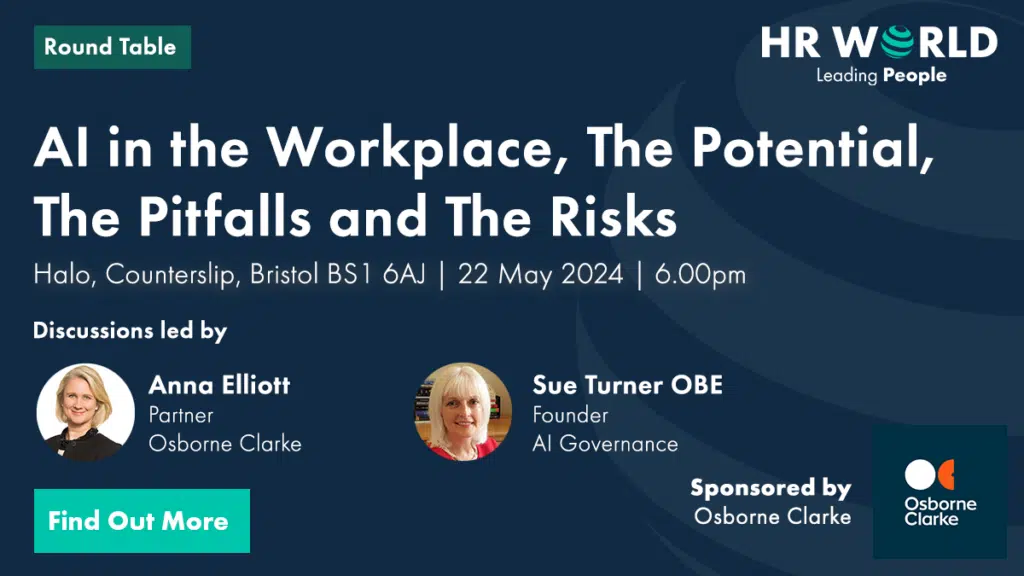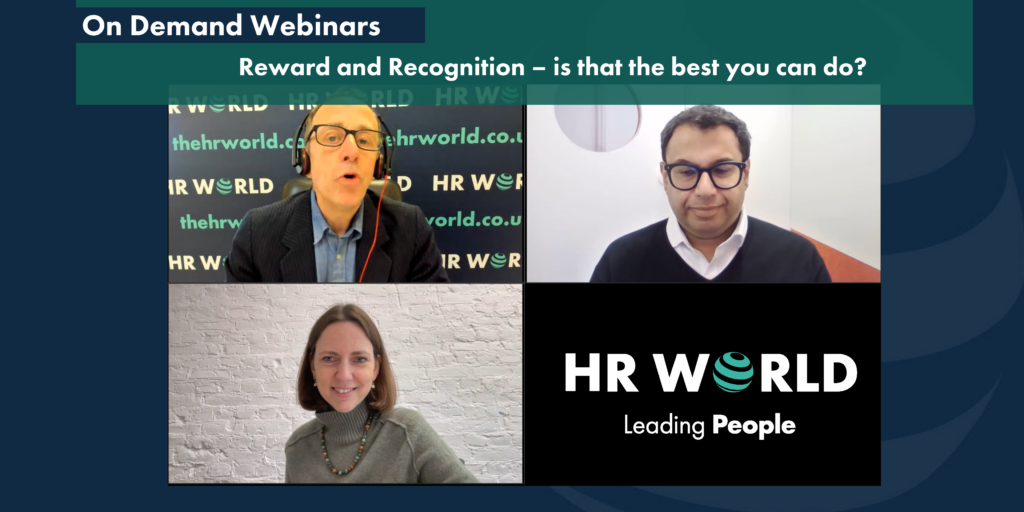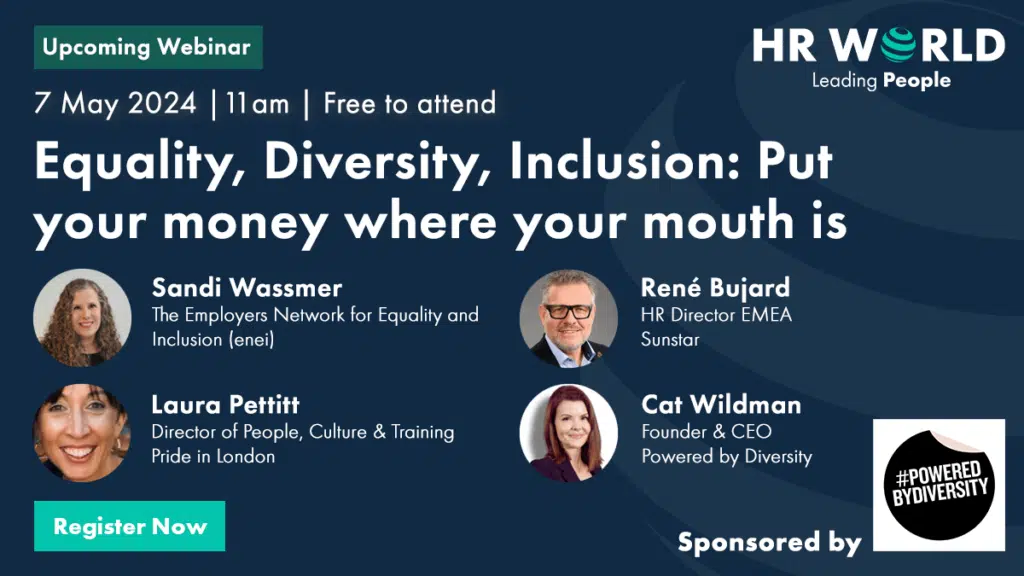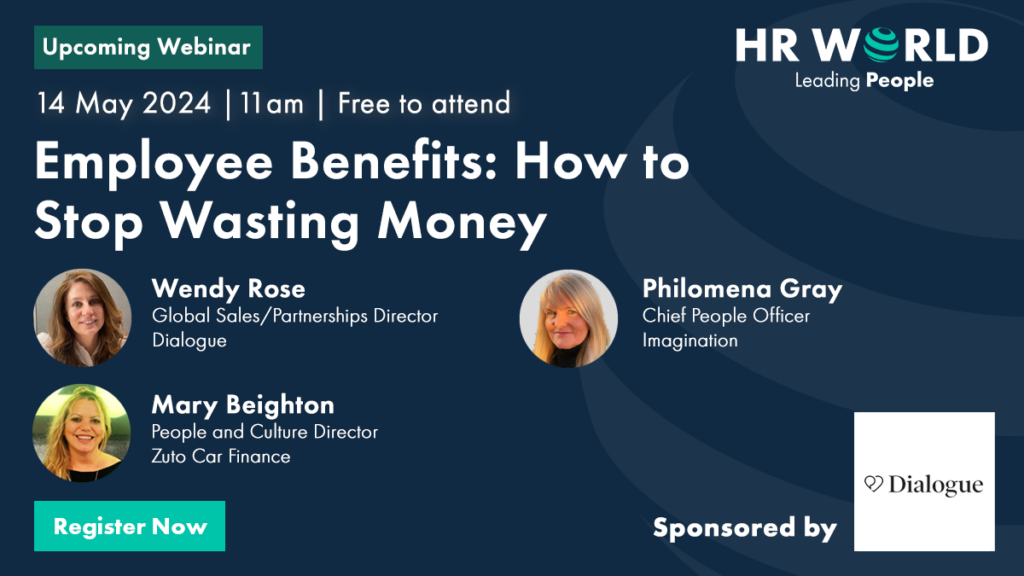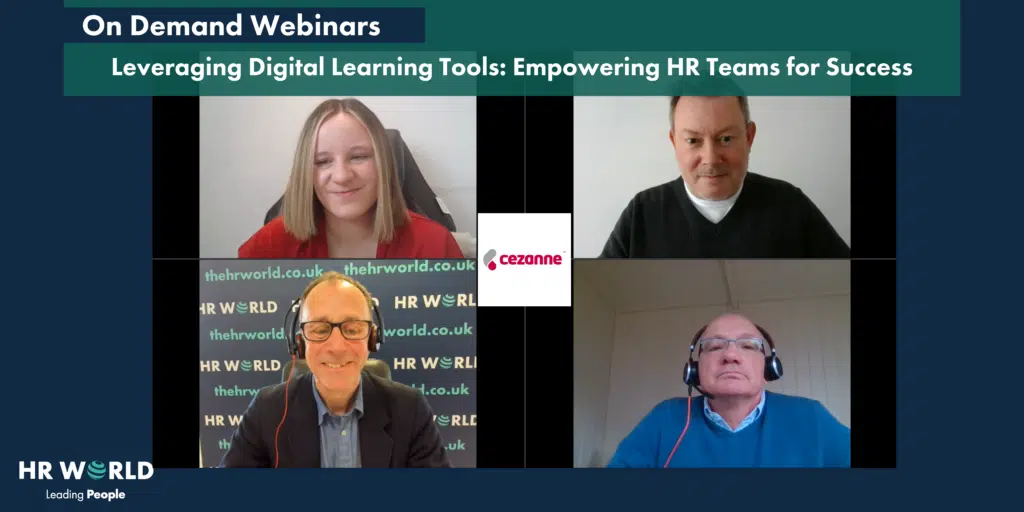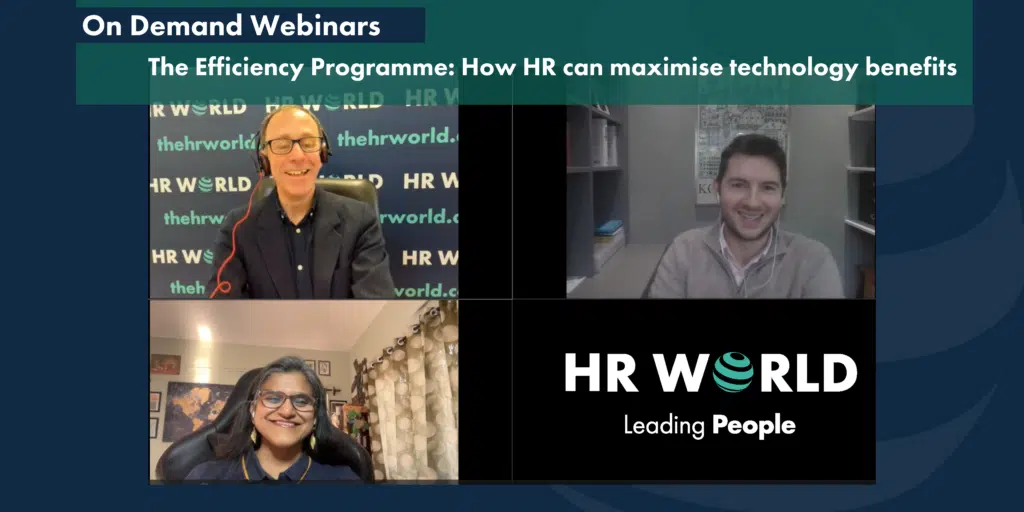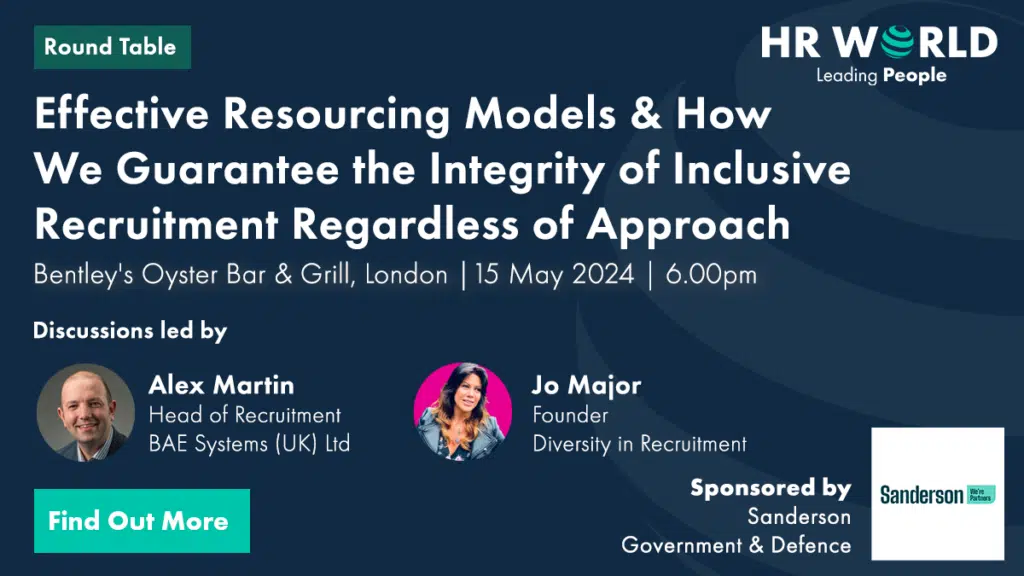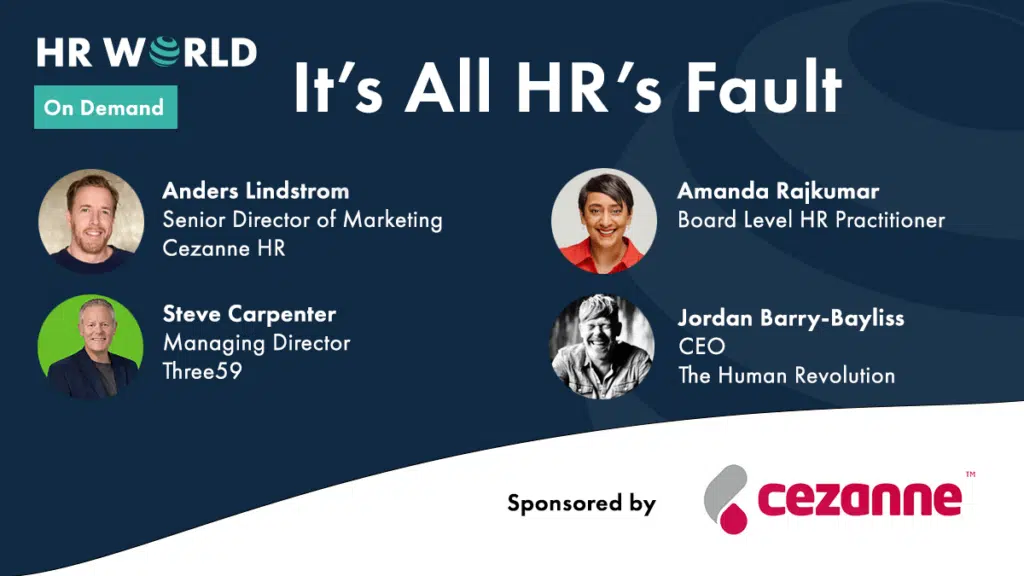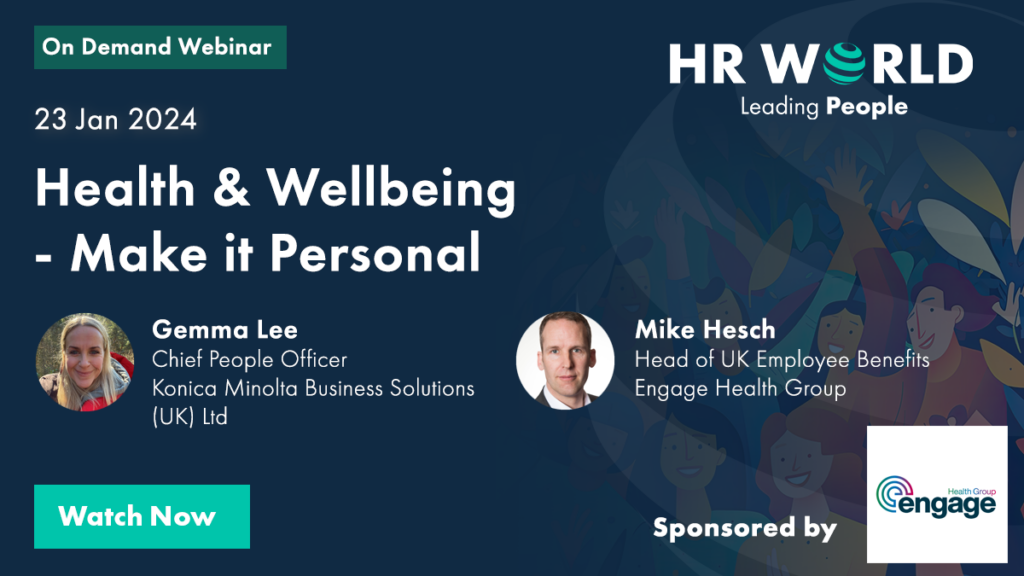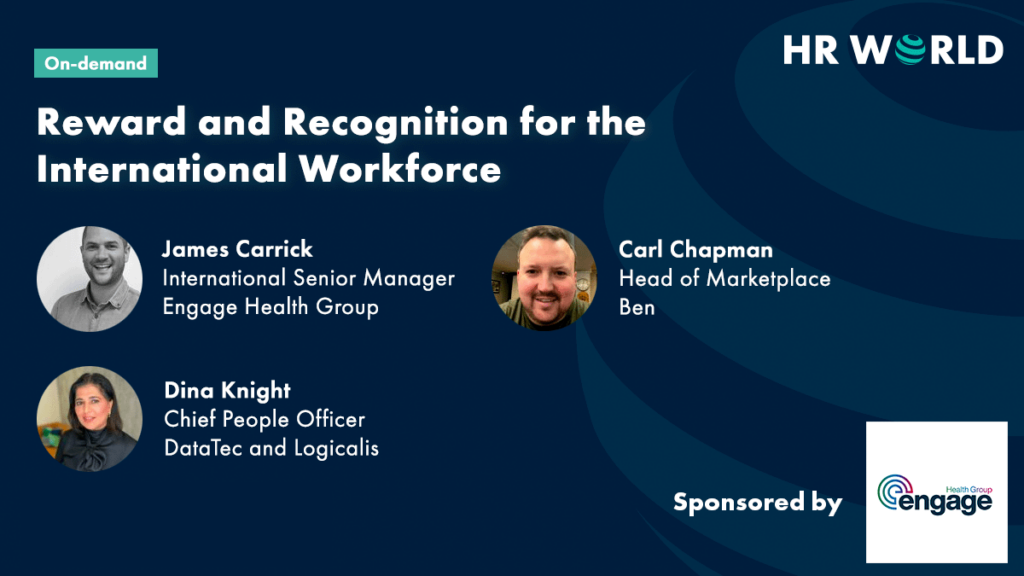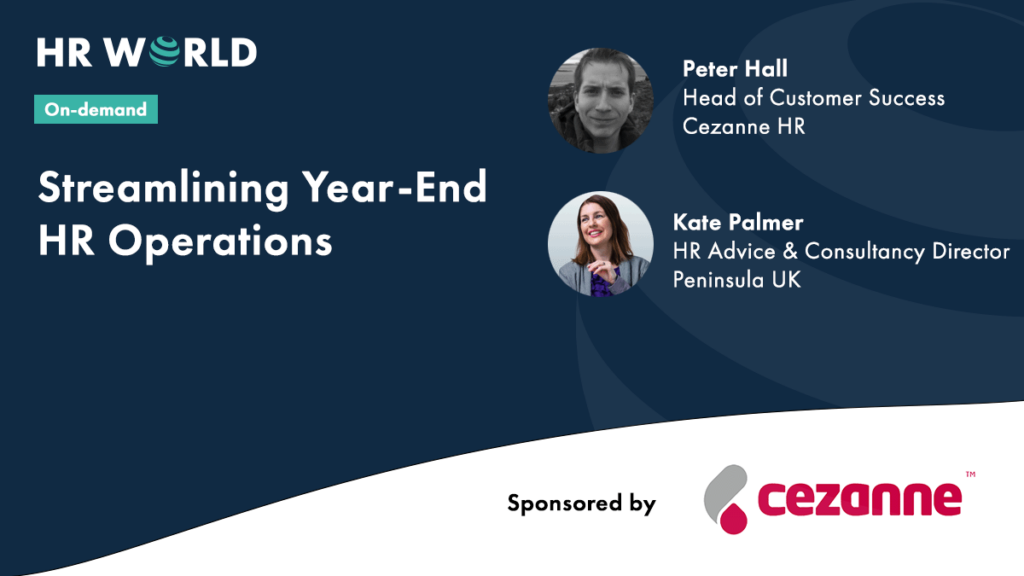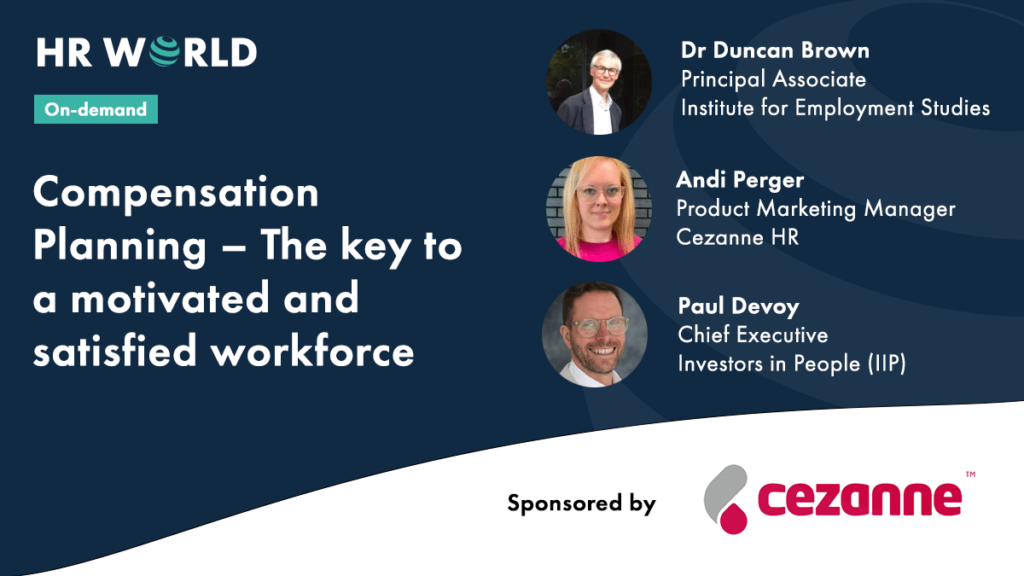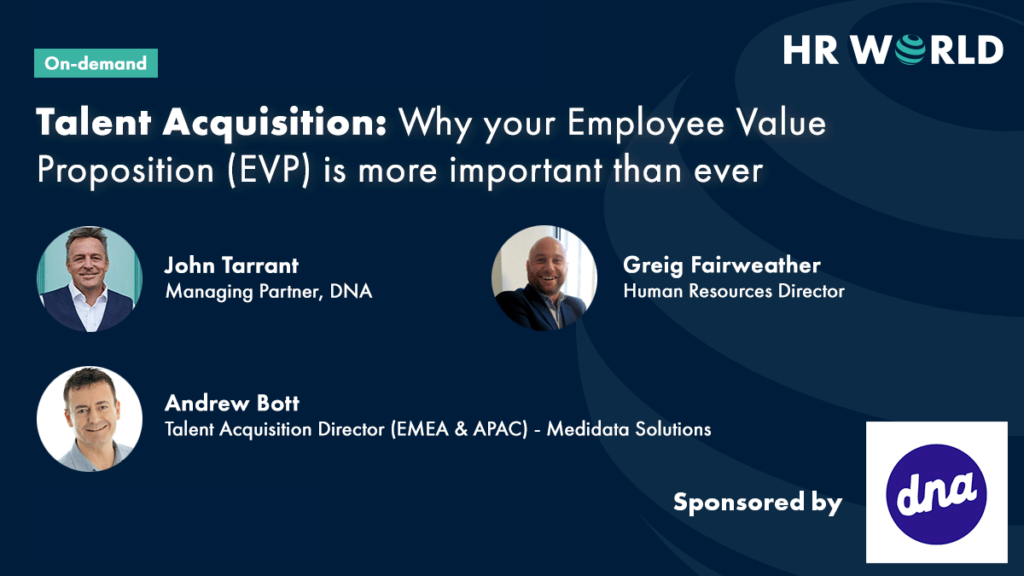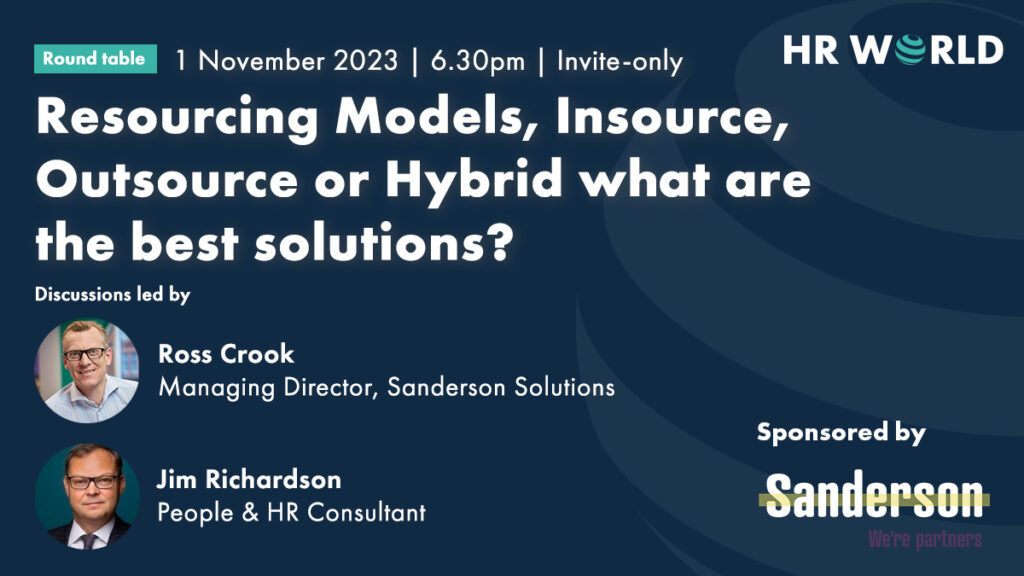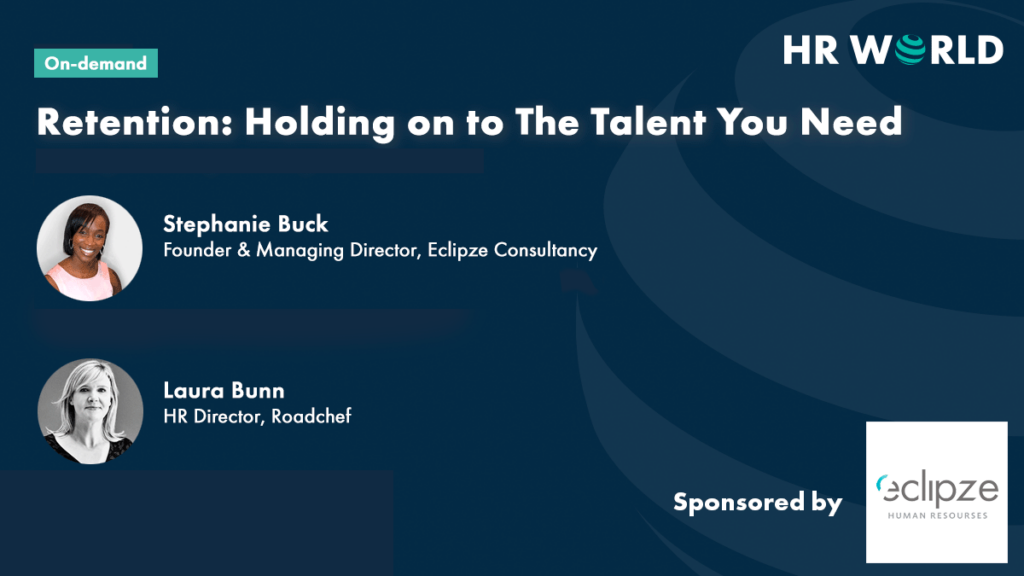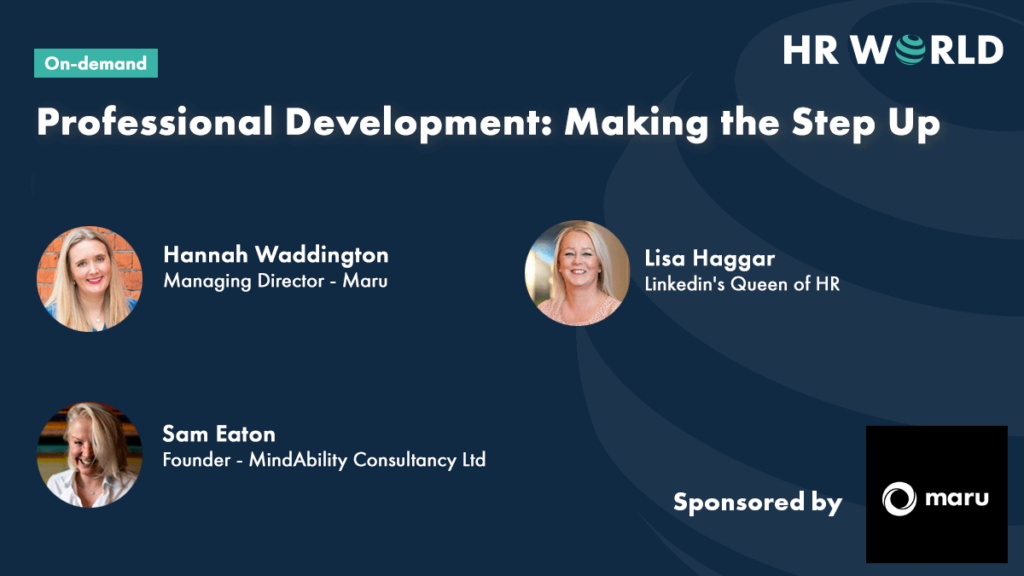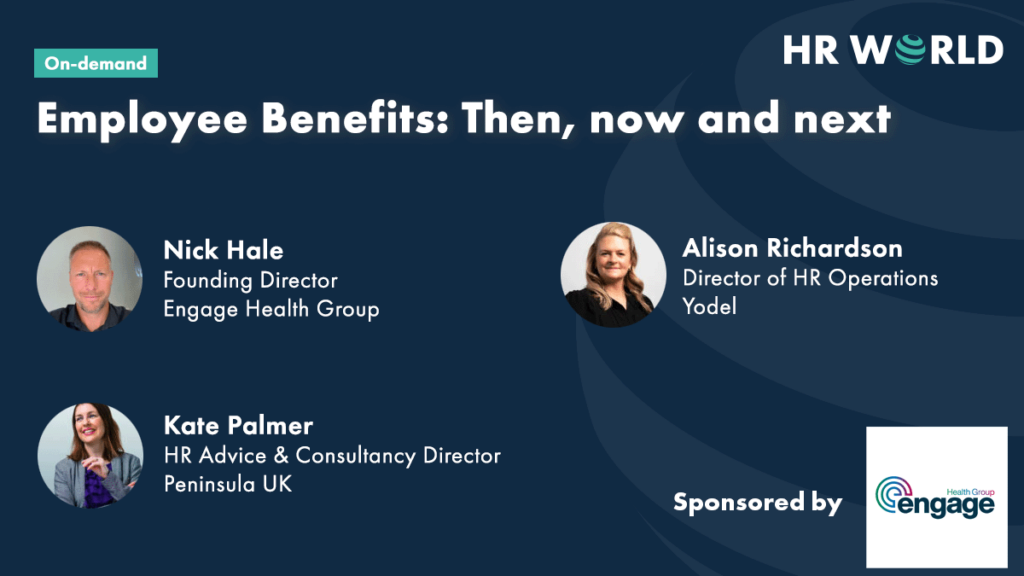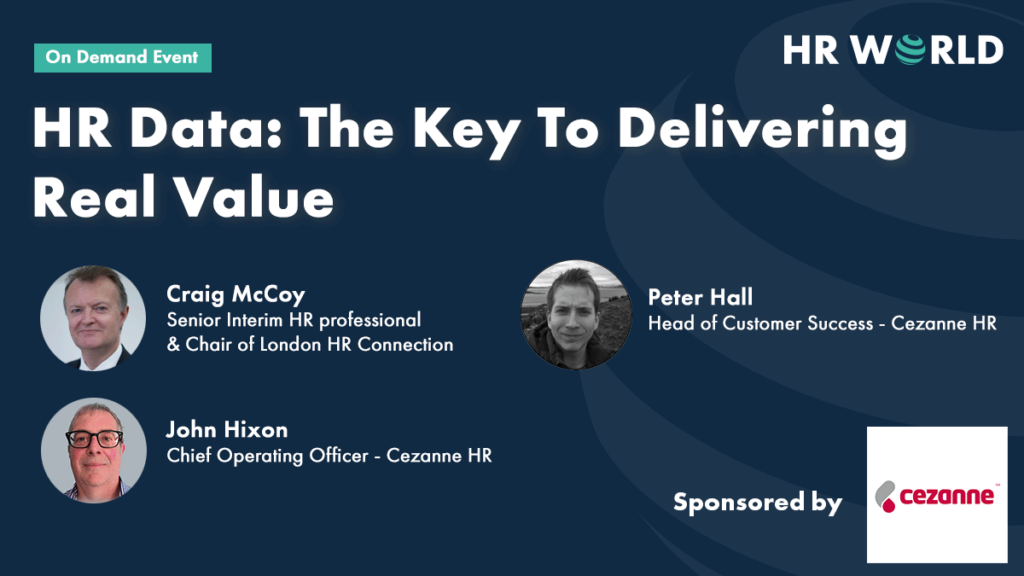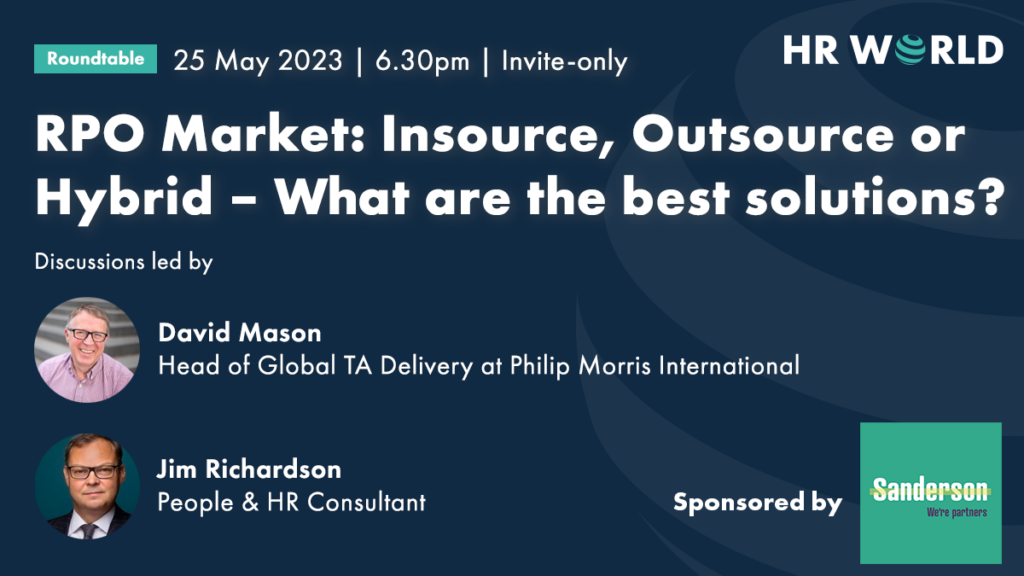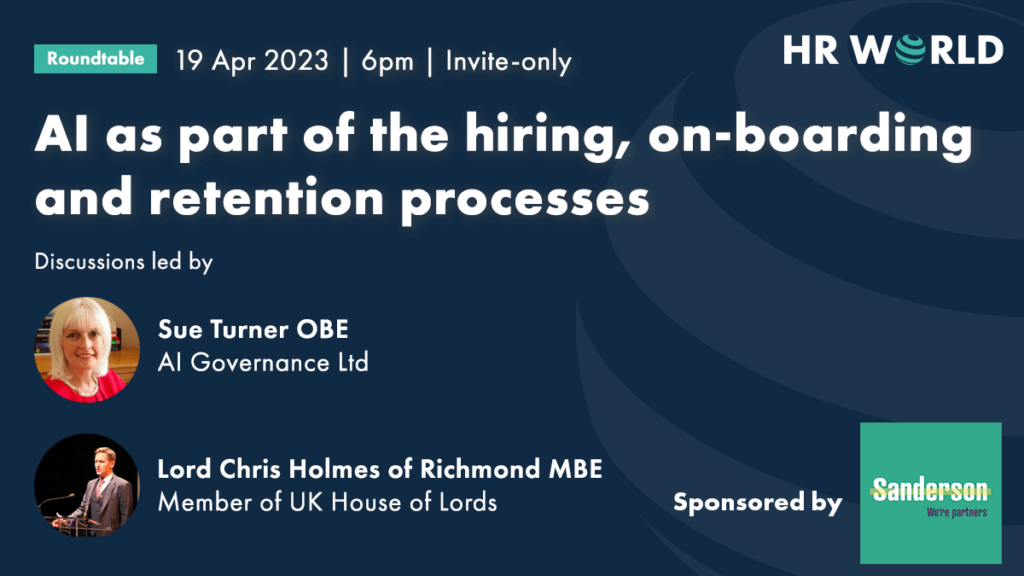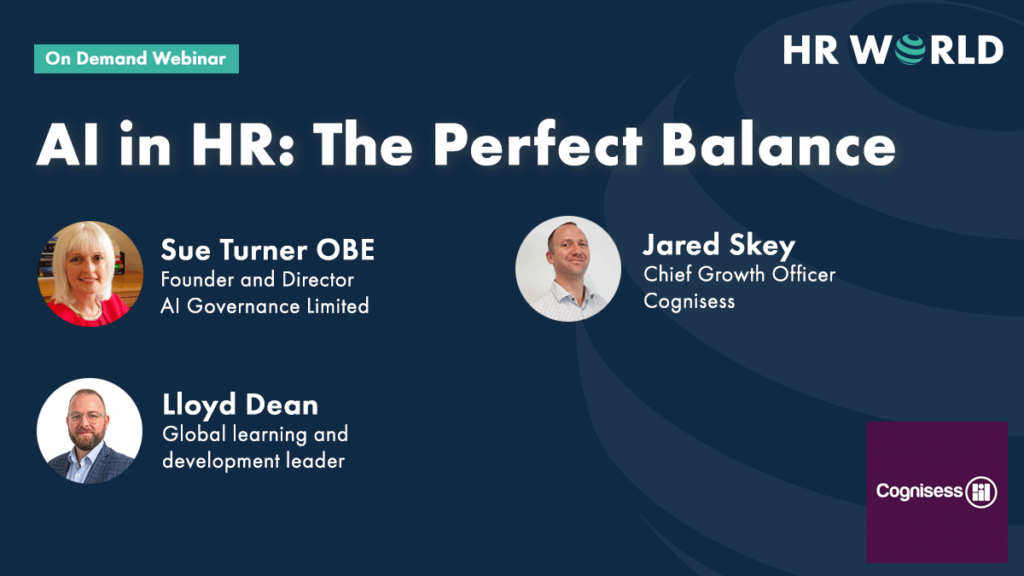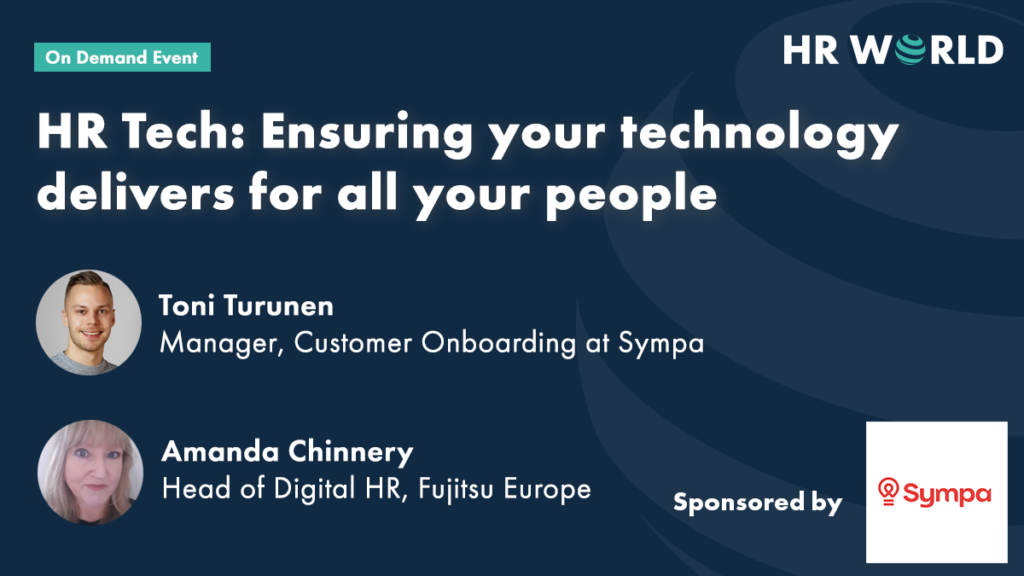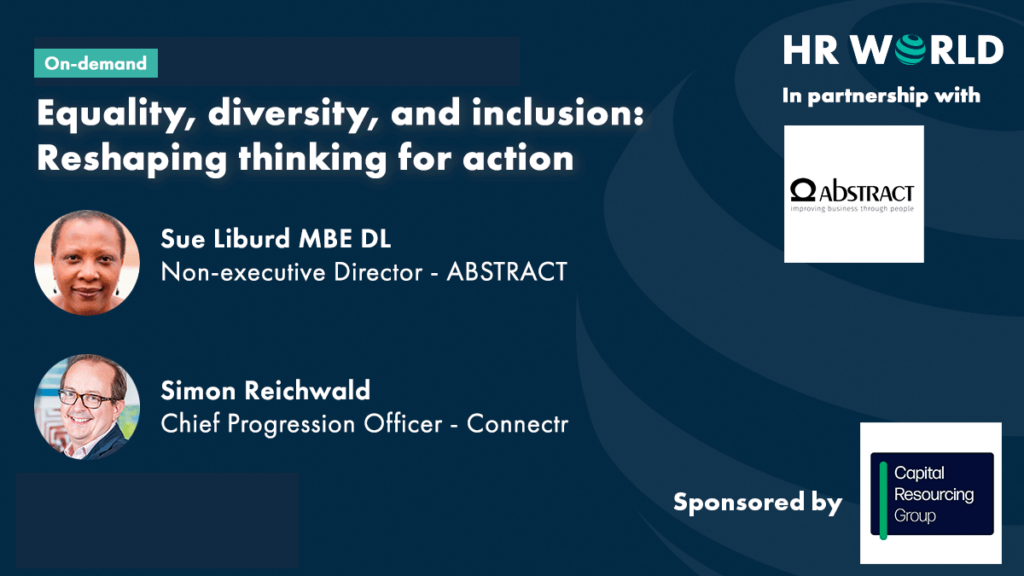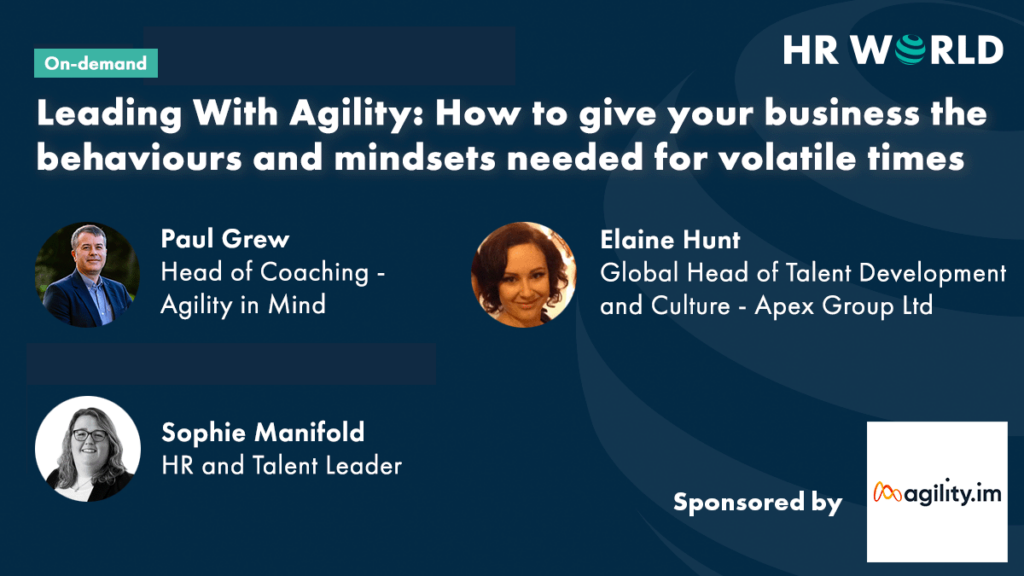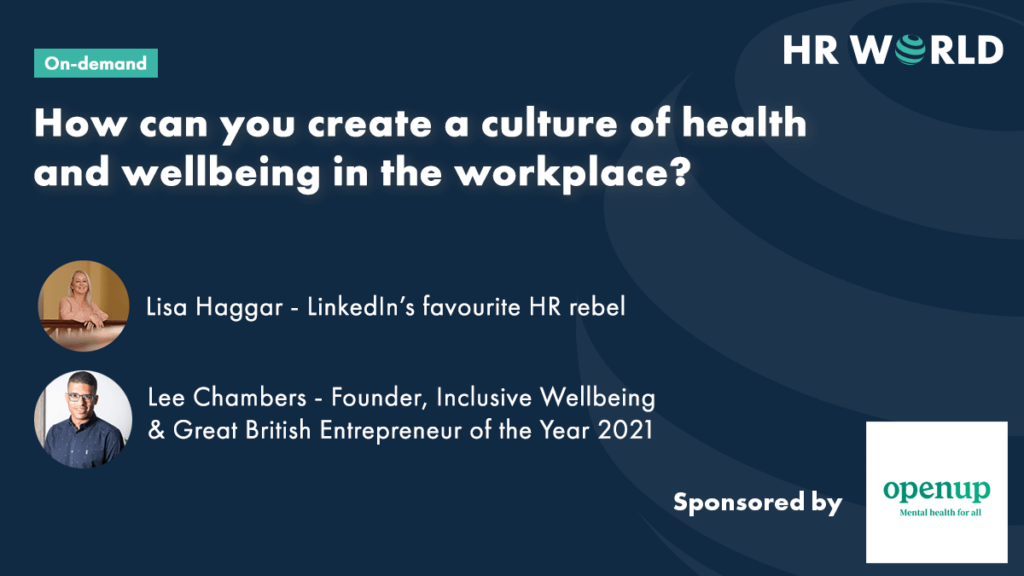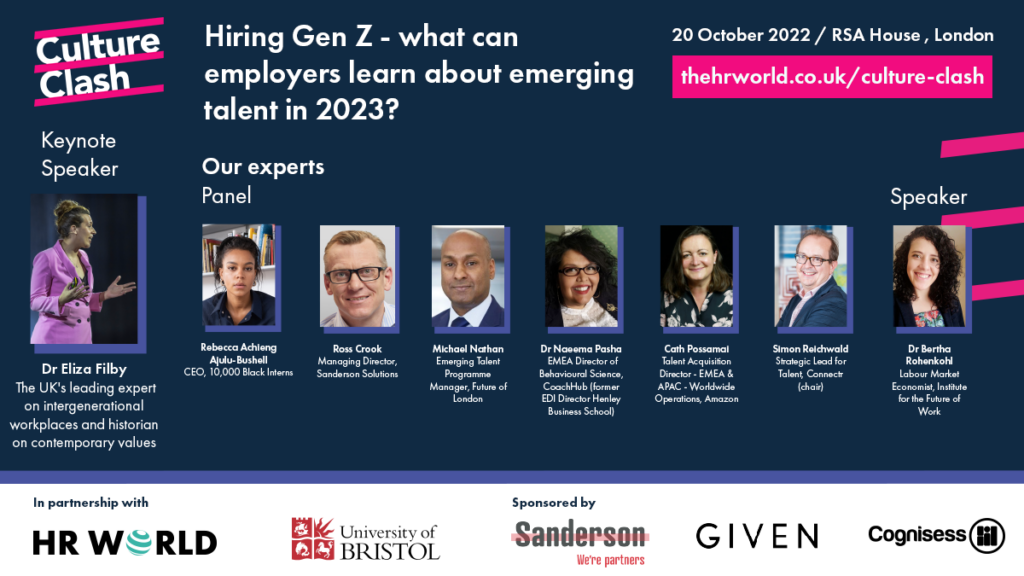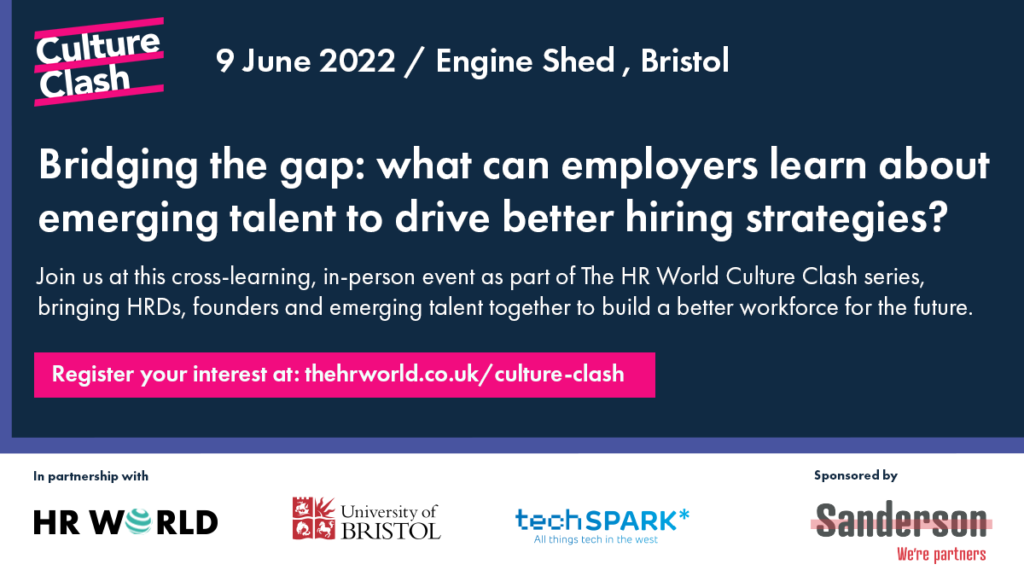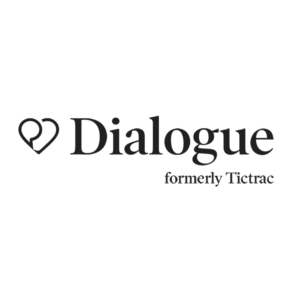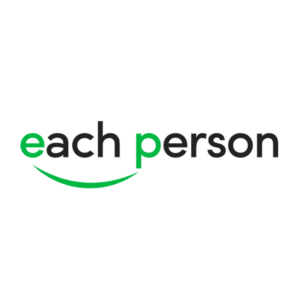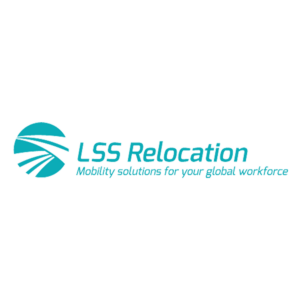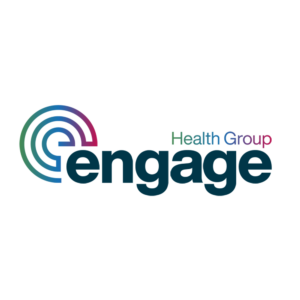Home » Knowledge Hub » Professional Development » What happens when leaders aren’t psychologically safe?
What happens when leaders aren’t psychologically safe?
18 March 2022 Professional Development

Over the past two years the conversation around understanding the impact of employee mental health in the workplace has moved light years ahead – but what about business leaders? If culture is driven by the people at C-Suite level, how important is their mental state for not just their own performance but also that of the organisation as a whole?
Here, Dr Cameron Cliff from e-learning platform Go1, argues that, as international tensions and economic uncertainty continue, psychological safety at leadership level is needed more than ever.
If you’re a C-Suite leader, you will have heard the ongoing calls for greater psychological safety in modern workplaces.
You know that on average you have an ROI of 4:1 when it comes to investment in mental health and you’ll have seen the rise of new regulations and guidelines like ISO45003
These call for greater responsibility for workplaces and the impact they have on their employees. You’re also probably sick of the phrases “now more than ever” and “COVID uncertainty”.
Before the pandemic, serious employee mental health claims were already more prevalent and more costly to most businesses than serious physical health claims.
Four in 10 people already felt isolated at work and according to Gallop nearly 85% of employees worldwide are still not engaged or are actively disengaged at work, despite more effort from companies.
And McKinsey says this is because “only a handful of business leaders” can demonstrate attributes like embracing failure, fostering a sense of belonging and encouraging diversity.
This impacts most of us through symptoms like:
- Employee burnout
- Employee resignations
- Loneliness
- Absenteeism
- Reduced market share
- Sexual harassment
One in two people at work experience bullying, one in three experience poor mental health or mental illness and more than one in six women are working while experiencing some form of domestic and family violence.
These and many other issues cost the global economy over $1 trillion every year, bleeding revenue and productivity from our companies in the form of absenteeism, presenteeism, staff turnover and ill health.
I’ve worked next to C-Suite who have been fired for misogyny and cost their companies millions of dollars in lost revenue and reputation. I’ve also worked next to leaders who’ve been open about their learning journey and seen their products top international sales lists.
This problem is real, and it is already affecting every one of us.
And despite leaders doing more to tackle psychological safety than ever before, we’re facing decades of poor mental health literacy, tick box employee support programs and lackluster training colliding with the uncertainty of a drawn-out global pandemic. So the question is – what can we do about it?
The Great Opportunity
The reason we’re seeing all of these statistics pop up is that we’ve entered a period where we now know more about psychological issues and their links to our workplaces than ever before.
It’s no longer acceptable to write off poor wellbeing as a personal issue without first considering the impact that the workplace is having on the individual. Nearly half (40%) of CHOs already rate employee wellbeing as their top issue in the coming year.
We finally know what’s going on and what leaders can do about it.
At Go1, we’ve spent the last year working closely with major charities and psychological consulting firms to understand what successful mental health leadership looks like.
There’s been a range of successful programs (and some excellent failures), but the drivers for change have always come back to leaders and their capability.
Ask yourself:
- Can my C-level demonstrate psychologically safe leadership?
- Are leaders my company consistently listening and learning new ways of supporting their staff?
- What do we do to educate our staff and embed new knowledge into our ways of working?
What does this look like?
Our CEO, COO and executive leadership set the standard for action and culture in the workplace. The most successful CEOs are seeing faster growth by working on their team’s dynamics over technological change.
Conversely, if our executive is overworked, they can’t have genuine conversations about how they’re going and make simple mistakes like accidentally excluding or mislabeling people. Then what standard does that set for our workplace? How long will the best employees last before they find somewhere else to go?
For leaders, psychological safety is grown through training and advice. Psychological safety is a construct built over time through learning, failure and recovery. It is “both fragile and vital to success”.
According to AP Psychology and Consulting Services, it begins with leaders:
- Showing a strong mental health literacy and knowing what they can and can’t do to support staff
- Look after their own wellbeing, practicing self-care that sets an example for those they influence at work
- Practicing compassion, patience and understanding, developing it into an unconscious muscle
- Staying informed by working with experts, listening to your employees, and following latest research
If you’re stuck for where to start, AP Psychology and Consulting Service’s tip sheet is an excellent guide.
An example?
For many of us, it begins with single moments and conversations.
The focus of my work for the last year has been the development of tools and education that can make a tangible difference at scale.
It began early in 2020 when a major partner of ours, the Mental Health Movement (MHM), signed a client who had 40,000 staff over the age of 50 who were 80% male and had very low mental health literacy.
Faced with a lack of engagement in training resources, MHM focused on their leadership team instead and, when they relaunched the program, they saw a massive spike in engagement across the workforce.
MHM gave those leaders an 8-step framework that we recommend to this day:
- Check in with yourself and see what space you’ve got for others.
- Say hello to everyone you can, no matter their position.
- Ask how someone is and practice genuinely listening to their response.
- If someone says they’re not OK and it’s not the right time, follow up later.
- If they’re not OK, ask if they want solutions or someone to just listen.
- Refer them to someone who knows more. You don’t have to be their counsellor.
- Learn. Learn as much as you can about mental health and start with your own.
- Own your mistakes. Commit to getting better, not getting it right.
Through this framework (and a little mental health literacy training) the C-Suite at that company gained enough trust to get genuine feedback about the issues their workplace faced.
This let them overhaul their Employee Assistance Programme to one better suited to their staff, they released videos that engaged workers and made more people turn up to their training. They also invested in further support networks rather than yoga and meditation services which weren’t being used.
It all comes down to how well we lead
Trying to open conversations about mental health and psychological safety is still a difficult path for many, especially for those who face resistance from others in their executive.
Most of us work in for profit companies and every dollar is under heavy competition. However, the costs of not addressing psychological safety in your workplace and your capability to demonstrate it as a leader is reaching critical mass.
In Australia, employers were already losing nearly $60 billion a year before the pandemic because of poor psychological safety.
Resilient people look for excellent leaders and workplaces that support them. If they don’t find it in you and your workplace, then they’ve got more opportunity and drive than before to look somewhere else.
We have a chance to seize the opportunity given to us by the current landscape of uncertainty and create a workplace where people will thrive.
It all comes down to how well we lead. If we do it right, there’ll also be a large number of great employees for us to hire from those who don’t.
Dr Cameron Cliff is an audience engagement specialist, focussing on connected experiences and education. Currently managing the social impact program for world leading eLearning company GO1, Cam has spent the last ten years working across film, television, virtual reality and educational technology with a focus on using storytelling as a tool for social change.



